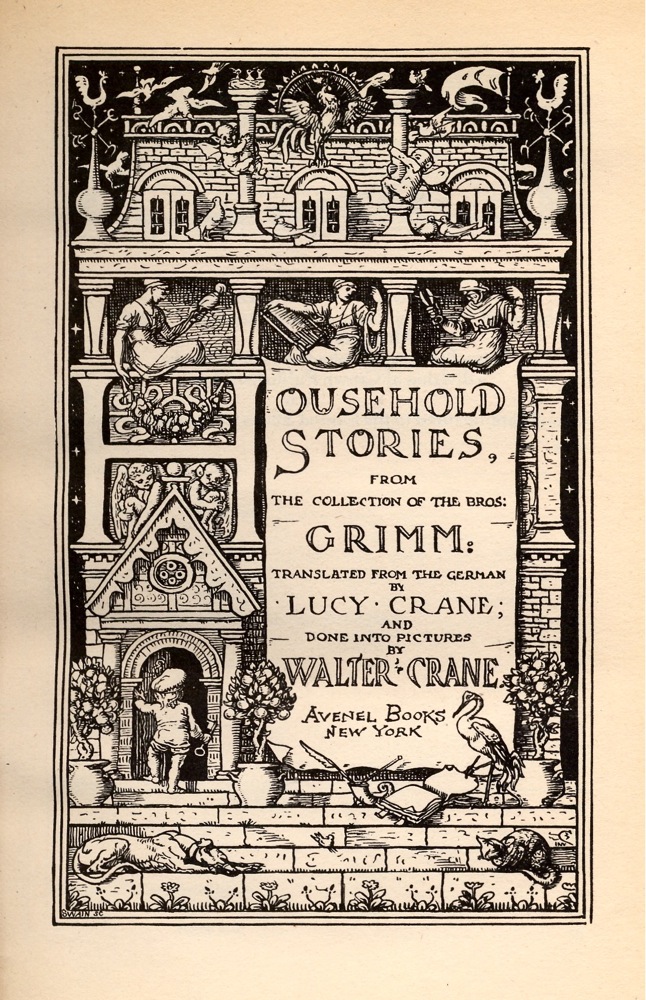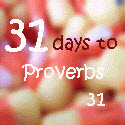Depending on your personal beliefs and personal tolerances, knowing the nature of what you’re reading might be just as important than the content of what you’re reading. Or at least, it might be a prerequisite for accepting the words, the message.

I know I can read Grimm’s Fairy Tales for entertainment plus a little bit of old fashioned wisdom without worrying about muddying the waters of my core values. Same goes for Bruce Lee’s Zen and the Martial Arts: I can read his ideas as his ideas, comparing and measuring them up to what I know to be true for myself.
Where I have to be careful is reading religious interpretation of text that is already close to my heart. Human interpretation can be flawed, and that can be misleading. For example, I was very cautious while reading The Shack. Ironic, eh? That I am attempting to share my (admittedly human) study of a book of the Bible? Just take this as a big chunky grain of salt. I wish only truth and stability for everybody.
The reason I’m even thinking of all of this is that the Schofield Bible I use has that heading at the beginning of Proverbs which prepares the reader for a collection of wisdom, not a list of laws or a chronological story. It got me wondering what are the literal similarities and differences between parables, laws, promises, folklore, warnings, etc. Lovers of words can always appreciate the fine points, the subtle but crucial nuances of language. What I learned isn’t groundbreaking, but it does help me put in perspective the content of Proverbs 31.
********************
Adage: a saying often in metaphorical form that embodies a common observation
Fable: a fictitious narrative or statement intended to enforce a useful truth; especially one in which animals speak and act like human beings
Folklore: traditional customs, tales, sayings, dances or art forms preserved among a people
Law: a binding practice or custom of a community: a rule of conduct or action prescribed or formally recognized as binding or enforced by a controlling authority
Parable: a usually short, fictitious story that illustrates a moral attitude or a religious principle
Promise: a legally binding declaration that gives the person to whom it is made the right to expect or to claim the performance or forbearance of a specified act
Proverb: a brief popular epigram or maxim (an epigram is a terse, sage, or witty, and often paradoxical saying)
Warning: a notice or bulletin that alerts the public to an imminent hazard
Wisdom: accumulated philosophic or scientific learning; ability to discern inner qualities or relationships
********************
The Bible is filled with all of these examples and more, except perhaps the fable. I cannot think of any fables, only God speaking through animals, which is quite different. But until now I had always thought that Proverbs 31 was a resume of the perfect woman. It never occurred to me that it was anything other than a strict list of requirements. The possibility of symbolism certainly never surfaced.
To read the last book of Proverbs once more, this time less as either an historical account or a list of mandates for either a woman or the church, and more as an urging toward spiritual and earthly profit, my thoughts blossomed.
To read the last book of Proverbs once more, this time less as either an historical account or a list of mandates for either a woman or the church, and more as an urging toward spiritual and earthly profit, my thoughts blossomed.
I feel more inspired and less defeated, seeing all of my womanly deficiencies. I see the potential benefits and possibilities of following the sage advice in these thirty one verses and am a little less encumbered by the rigidity of law, etc.
What do you think? Do you agree a little bit? Do you vehemently disagree? Is it too risky to consider that anything in the Bible is anything other than strict instructions? Are you inspired in any new way after reading Proverbs 31 as a joyful suggestion, an invitation toward something more beautiful? Or had you always read it that way?
Forgive me if I am a bit long winded tonight; I participated in a limited-word exercise earlier today and am experiencing a crazy bottleneck of words at rush hour in my brain. Whew!

I find it interesting to consider the idea of suggestions versus mandates in the Bible. As a non-Bible-path-walker, I personally have always considered the Bible to be a collection of stories and suggestions. However, after meeting my in-laws, I think I thought it was a list of mandates. So to see you saying that perhaps this part is not meant to be mandates is interesting to me.
As far as I’m concerned, all we can do is try. Times are so different now, society is not set up to be proverb 31 woman friendly, certainly not in the UK, so in that sense we have more going against us. I try my best and let God be the judge.